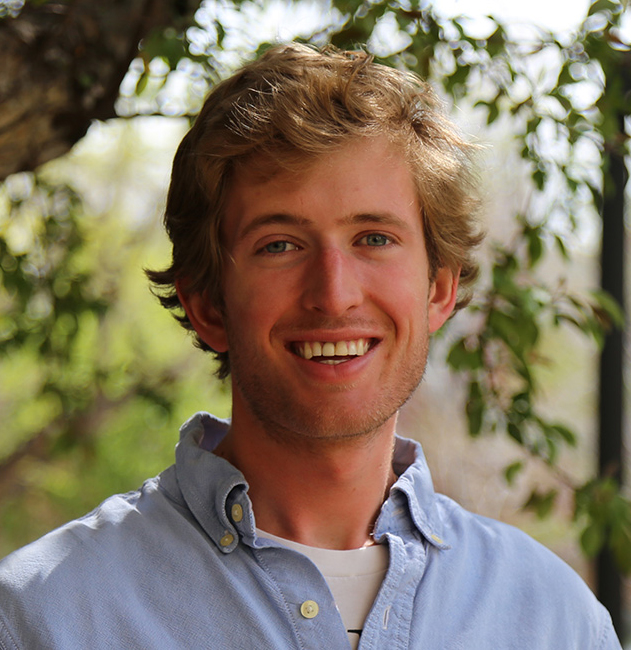 GOLDEN, Colo., April 21, 2015 – A PhD candidate in chemical engineering has been awarded $155,000 over three years to investigate new ways of separating a harmful byproduct of nuclear reactors.
GOLDEN, Colo., April 21, 2015 – A PhD candidate in chemical engineering has been awarded $155,000 over three years to investigate new ways of separating a harmful byproduct of nuclear reactors.
Thomas Fuerst, working with professors Douglas Way and Colin Wolden in Chemical and Biological Engineering, received the fellowship from the U.S. Department of Energy’s Nuclear Energy University Program.
Fuerst will work on the development of hydrogen-permeable membranes to separate tritium, a radioactive isotope of hydrogen. Membranes are already being used in reactors, but current technology is based on palladium, which is expensive and degrades at low temperatures.
“My research will look at reducing the amount of palladium needed in these membranes by implementing other materials,” Fuerst said. “Ultimately, the goal is to create new membranes that perform as well as, if not better than, the current state-of-the-art, but at a fraction of the cost and with increased stability.”
While his research was chosen for its nuclear applications, Fuerst said the membranes he will be working with could have a large impact on other industries – including fuel cell production, refining, and chemical manufacturing – by providing a cheaper alternative for producing high-purity hydrogen.
The fellowship also includes $5,000 toward a summer internship at a U.S. national laboratory or similar facility.
The Nuclear Energy University Program funds research and equipment upgrades at colleges and universities throughout the U.S., and provides support for students pursuing nuclear science and engineering degrees. This fiscal year, the Department of Energy is funding 32 fellowships for graduate students and 59 scholarships for undergrads, to the tune of more than $5 million.
Contact:
Mark Ramirez, Information Specialist, College of Applied Science & Engineering | 303-384-2622 | ramirez@mines.edu
Karen Gilbert, Director of Public Relations, Colorado School of Mines | 303-273-3541 | kgilbert@mines.edu
